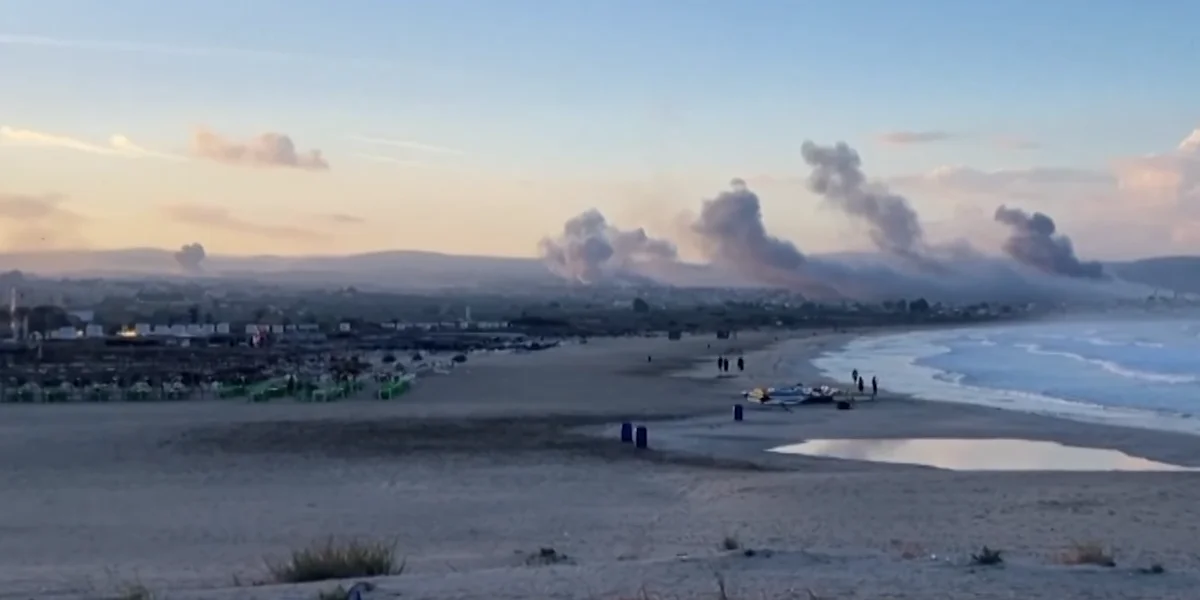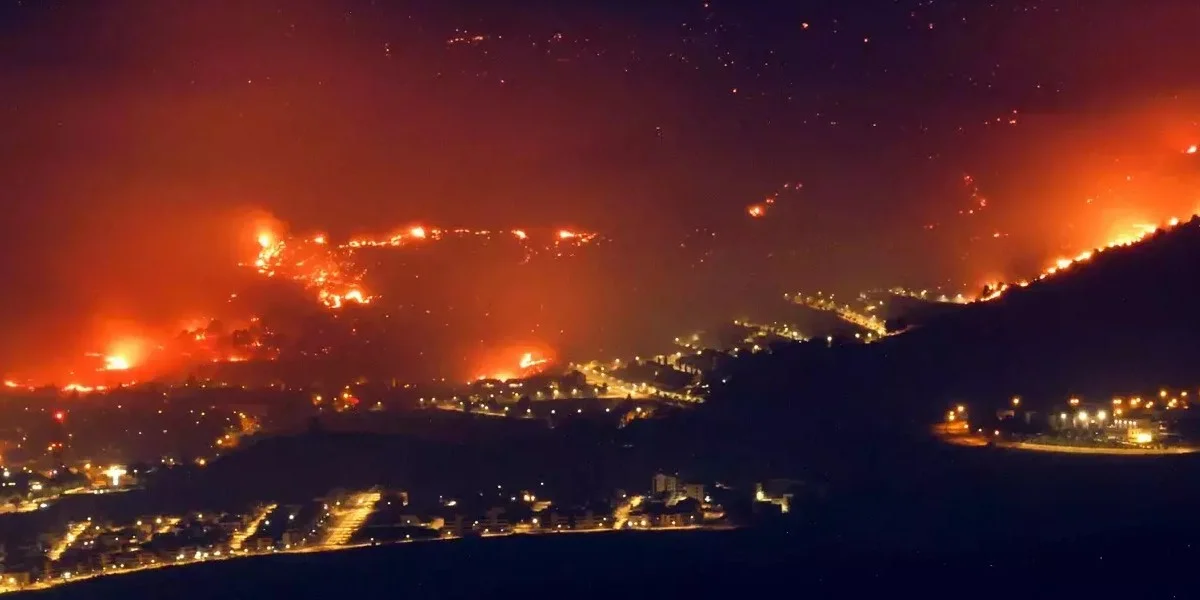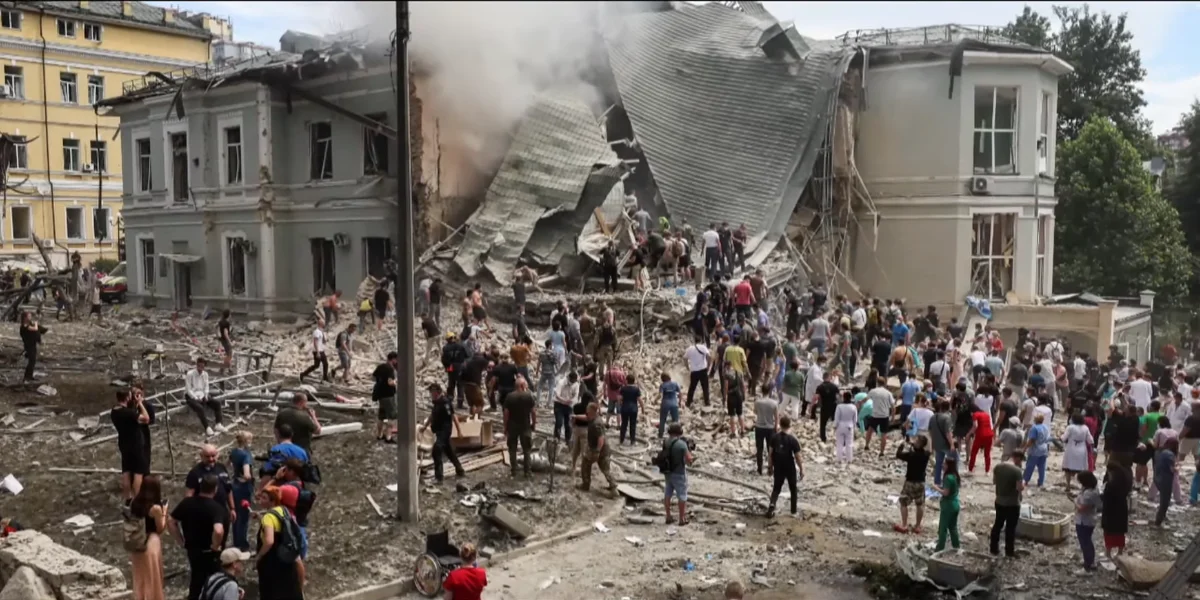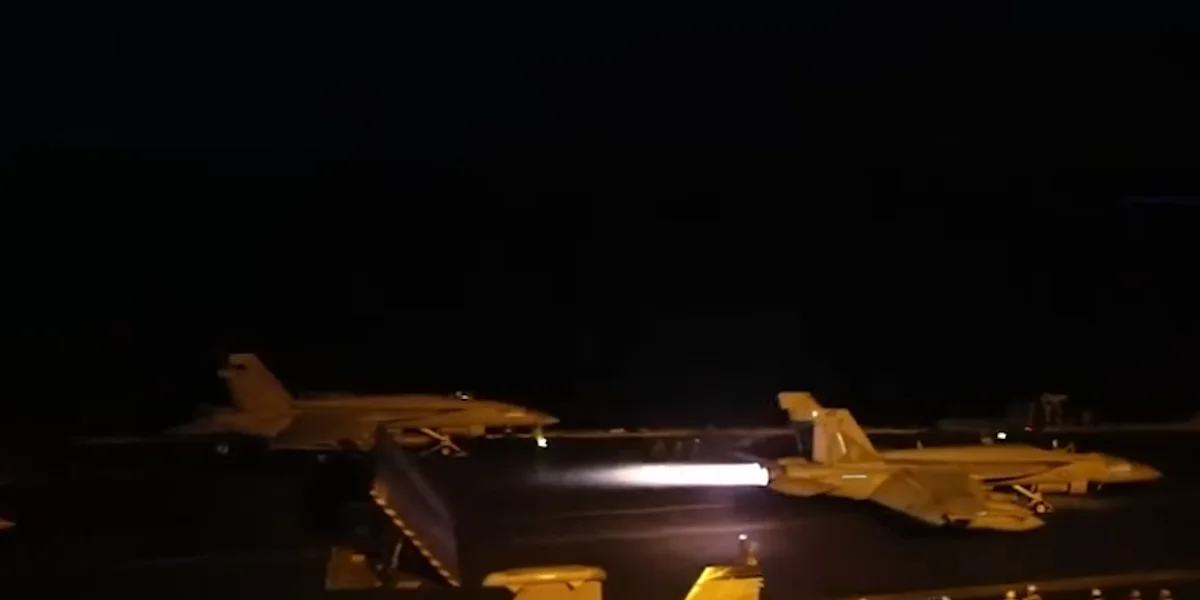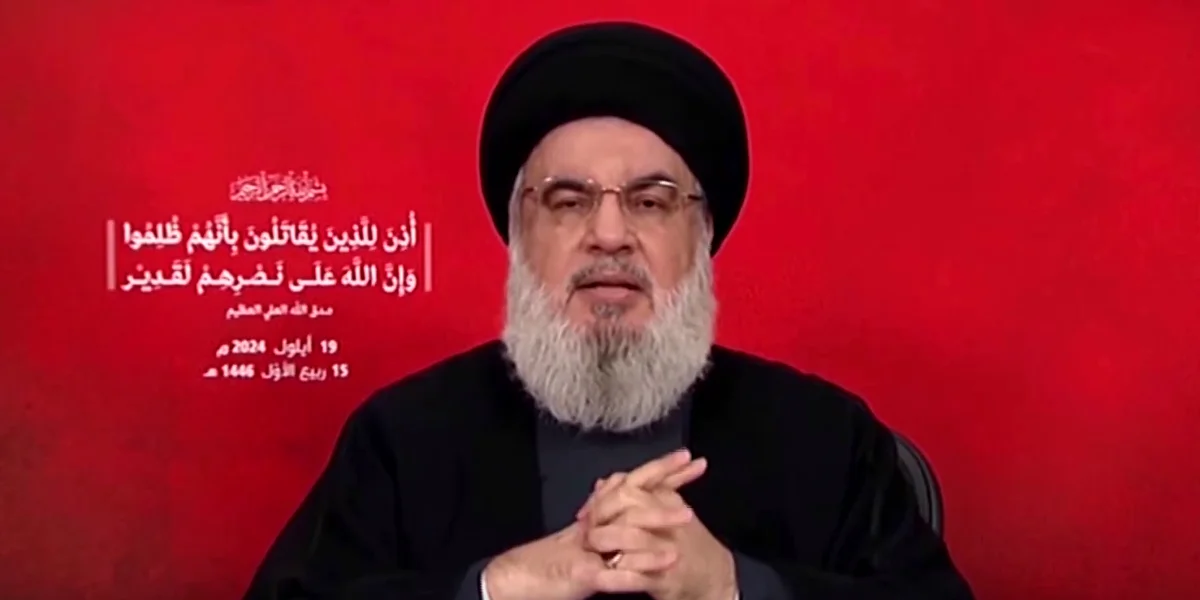Israel launched a long-anticipated counterstrike on Iran, focusing on military targets
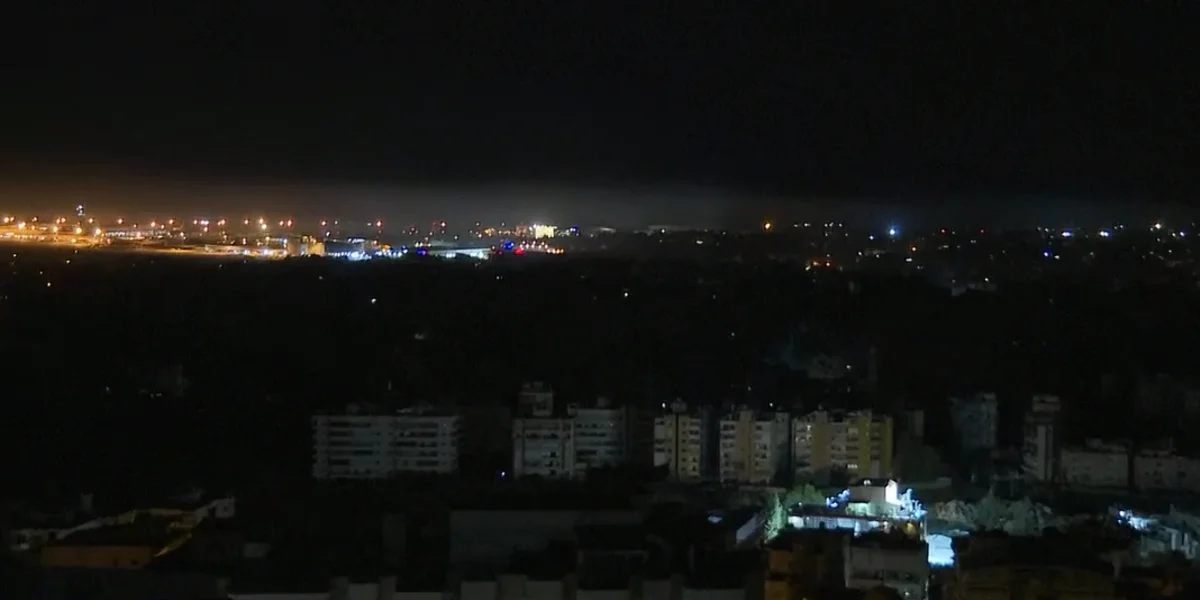
Israel launched a series of pre-dawn airstrikes on Iranian military targets Saturday, capping off its long-awaited reprisal strikes. Israel had promised retaliation for Iran's onslaught on October 1, in which the Islamic state fired over 180 ballistic missiles at Israel.
In a statement, Israel Defense Forces said that "in response to months of continuous attacks" from Iran, it conducted "precise strikes on military targets in Iran."
Israel launched strikes on Iran overnight in what was expected to be reprisal for Tehran's earlier this month ballistic missile bombardment.
An Israeli military source claimed that Israel had struck military targets, excluding electricity facilities. Iran has reported little damage at military locations, seemingly downplaying the overall impact of the strikes.
Tehran, the capital of Iran, heard explosions, but Iranian state media minimized the attacks and the Islamic republic maintained the strikes only caused "limited damage."
Iran's military seemed to imply in a well-crafted statement on Saturday that any retribution against Israel is subordinated to a cease-fire "to prevent the killing of the helpless and oppressed people" in the Gaza Strip and Lebanon.
Iranian military radar facilities had been damaged, although some were already being repaired, the statement claimed.
According to Iran's army, the attack claimed the lives of four Iranian soldiers who were all involved in the nation's military air defense.
In a statement released after the strikes, Iran's Foreign Ministry claimed the right to self-defense and that it "considers itself entitled and obligated to defend against foreign acts of aggression."
In addition to denouncing the Israeli strike as an international law infringement, the ministry stated that Tehran "recognizes its responsibilities towards regional peace and security."
The United States gave Israel a new missile defense system in mid-October in preparation for the Israeli response and any possible Iranian counter-reaction. On October 21, Austin said that roughly 100 American troops and the Terminal High Altitude Area Defense (THAAD) system had reached Israel.
Iran claimed that its missile strike on Israel was a "legal, rational, and legitimate response to the terrorist acts of the Zionist regime — which involved targeting Iranian nationals and interests and infringing upon the national sovereignty of the Islamic Republic of Iran."
Two regional superpowers, Israel and Iran, have long been adversaries, but Israel's battles against militant organizations supported by Tehran in Gaza and Lebanon have heightened tensions.


